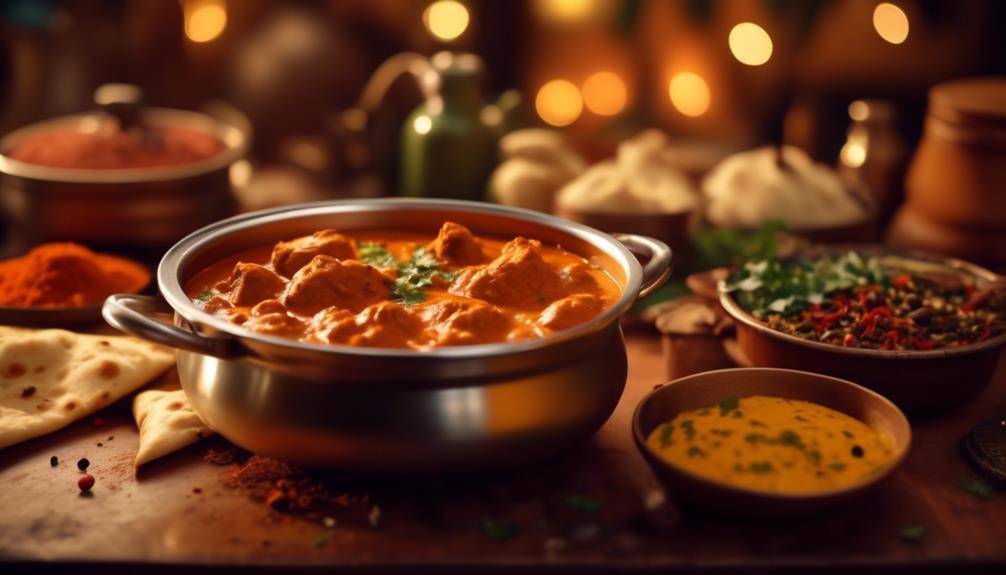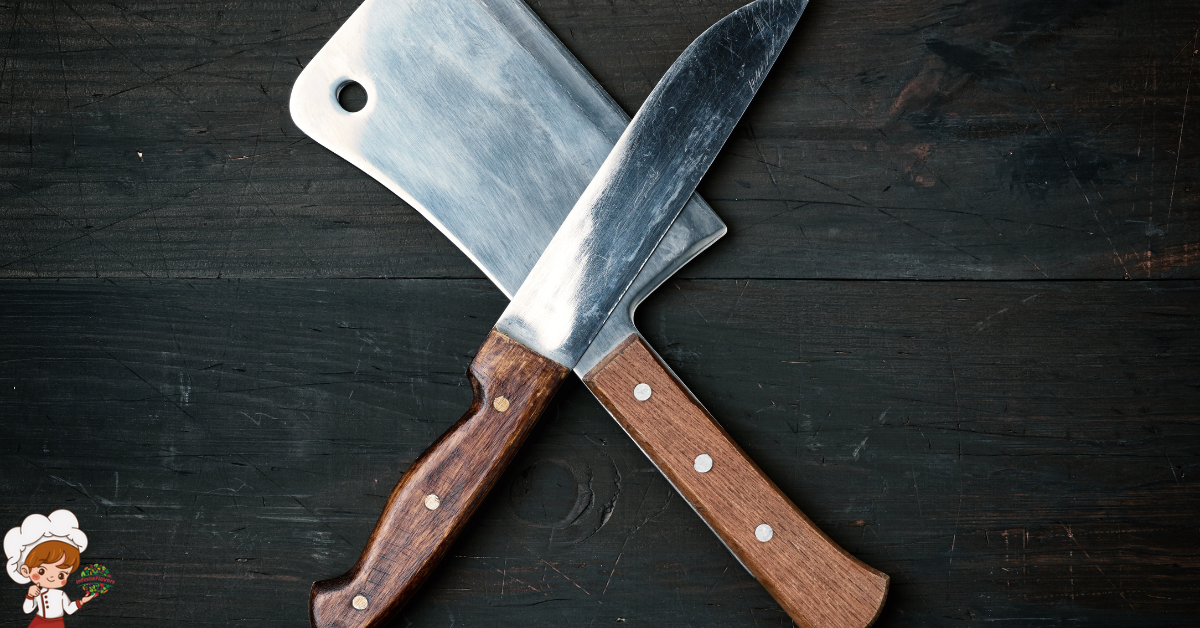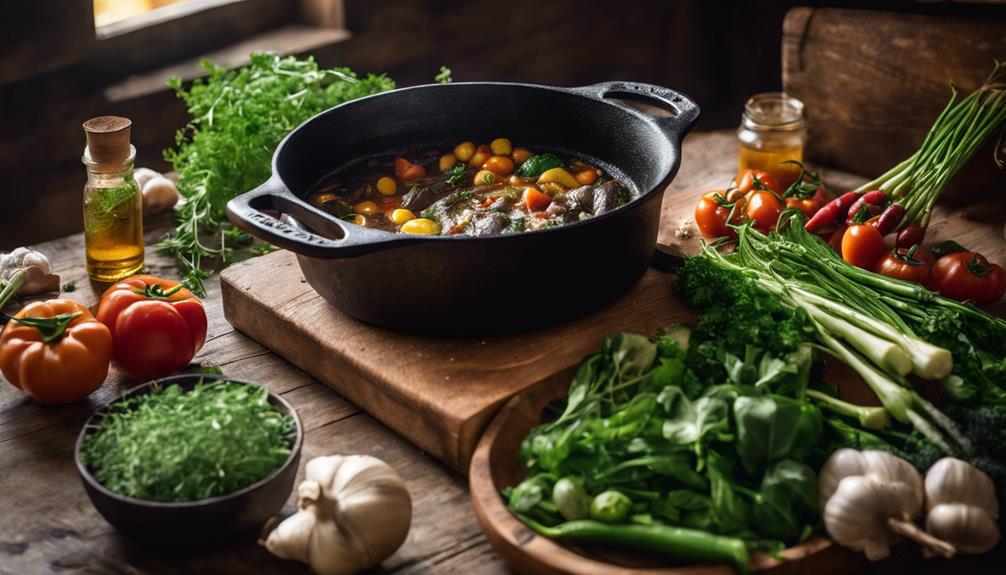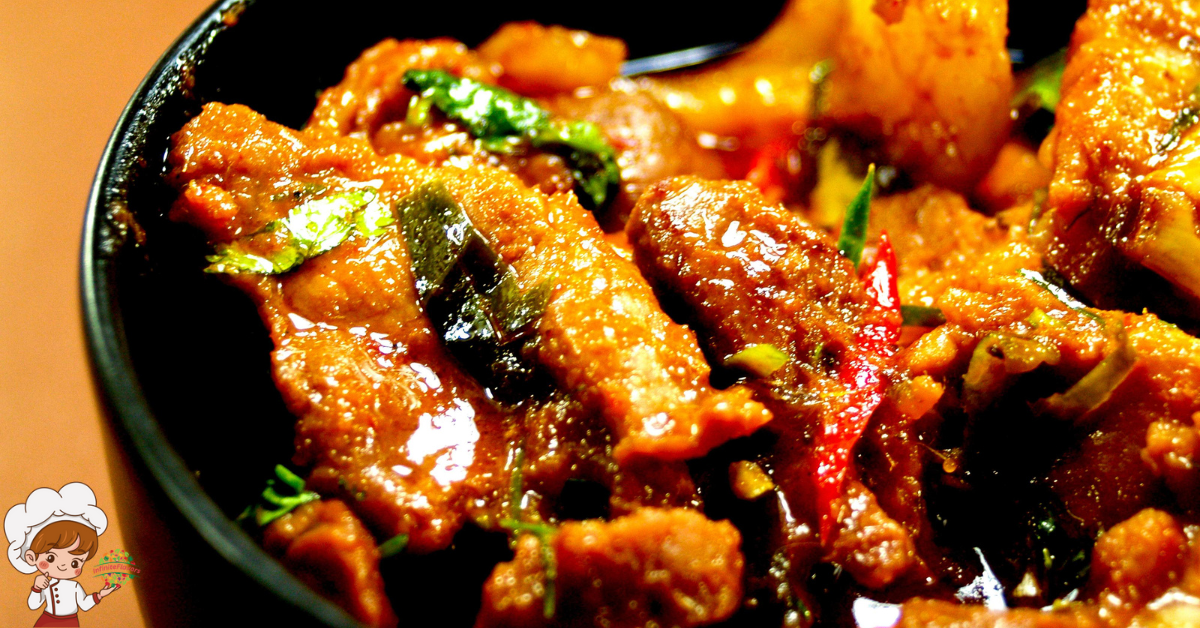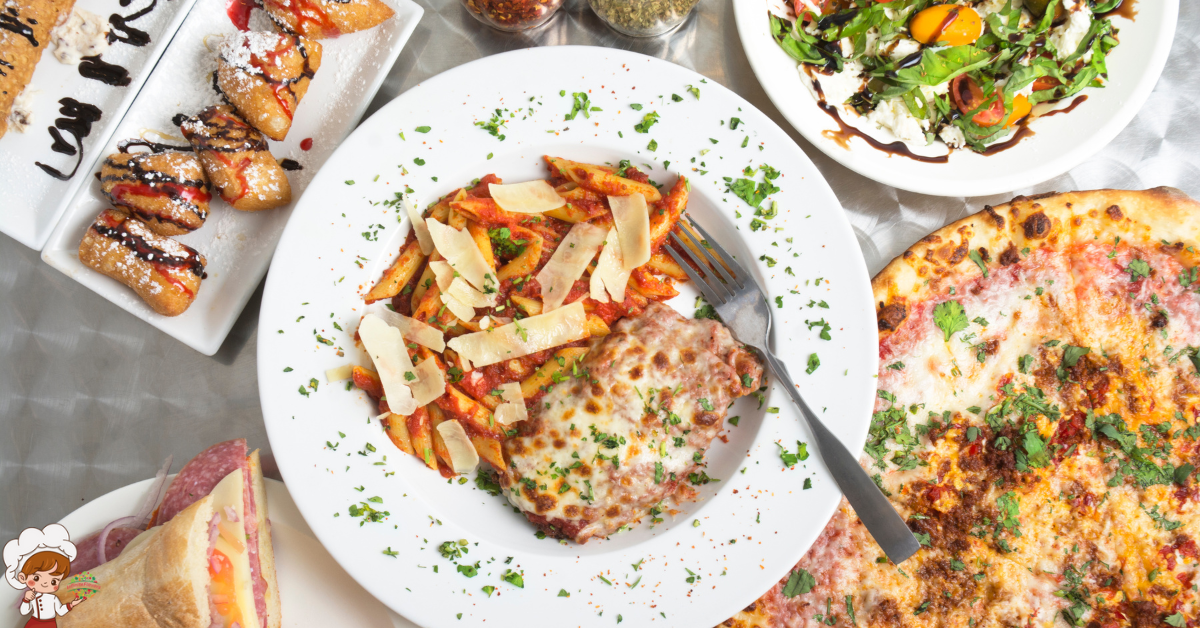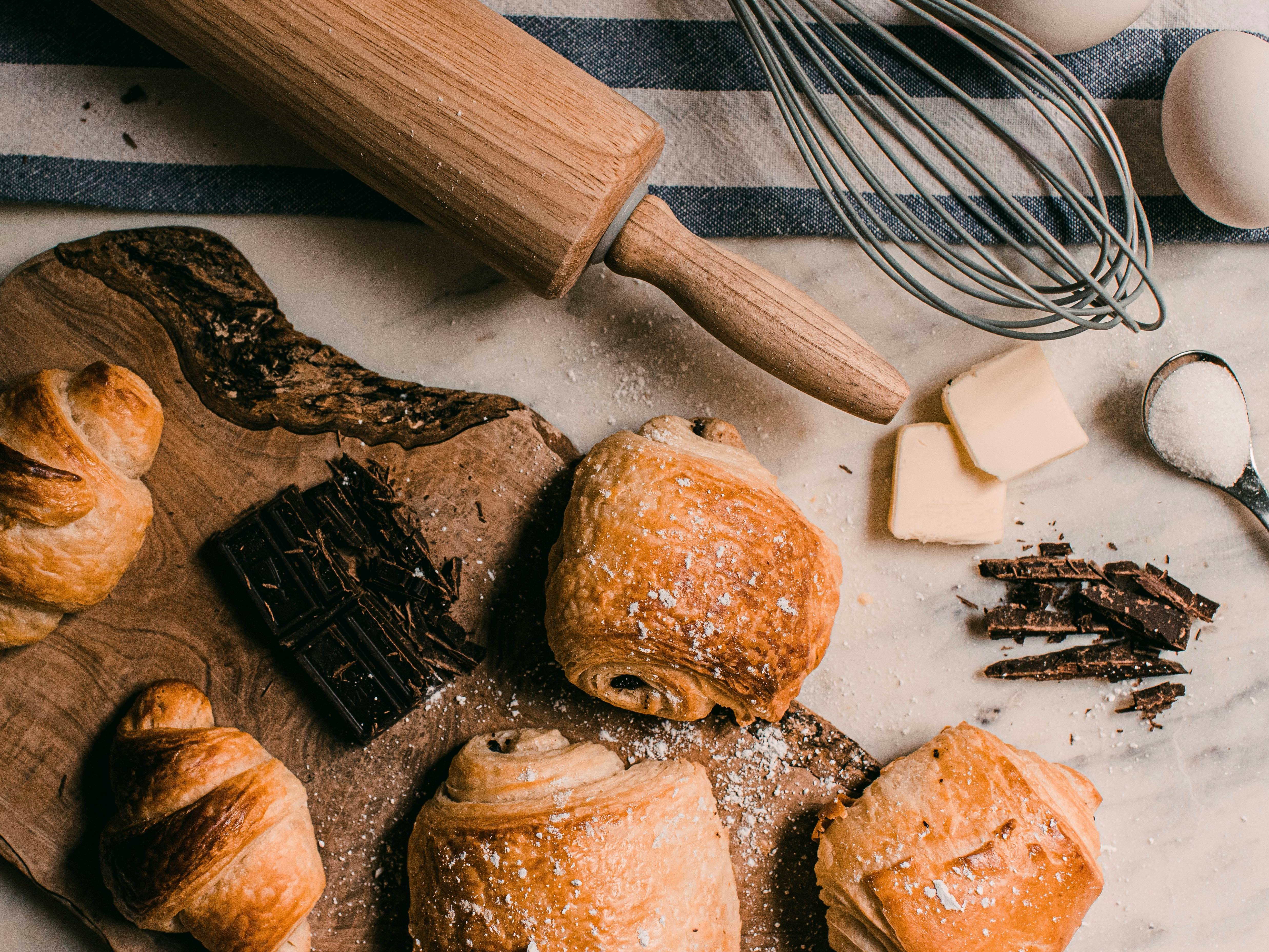A Sweet Slice of History: The Amazing Chocolate Brownies
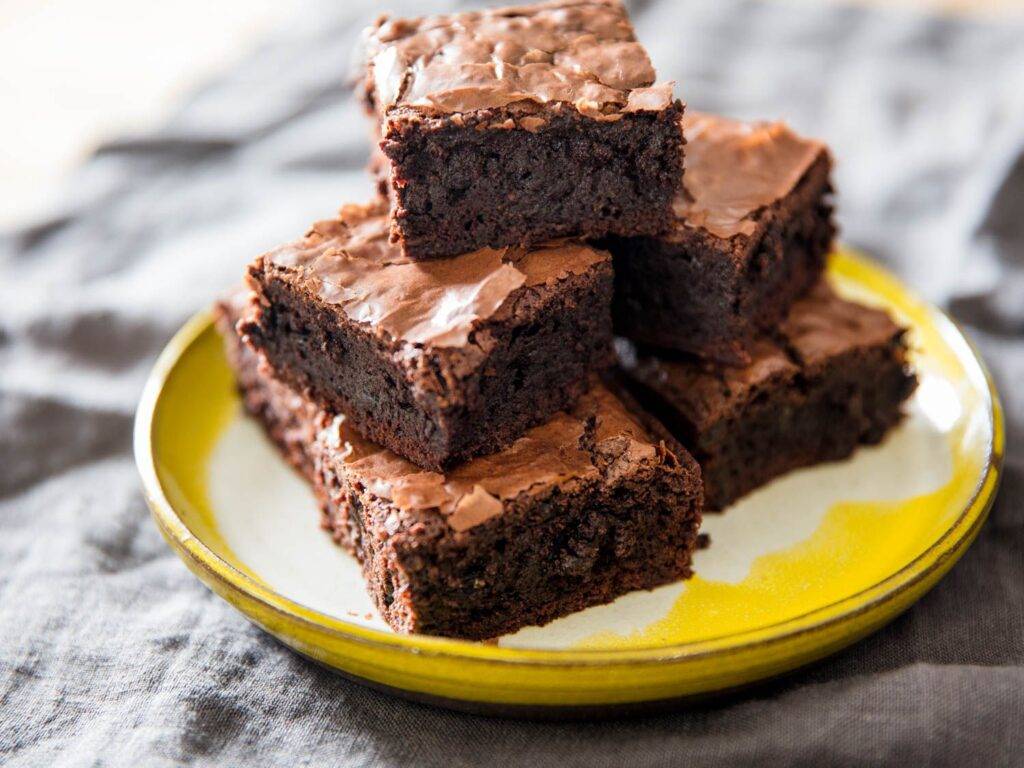
Chocolate Brownies, those delectable squares of pure indulgence, have an enduring place in the world of desserts. But have you ever wondered where these delightful treats originated and how they became a cherished part of our culinary heritage? In this blog post, we’ll take a delightful journey through time to explore the origins and history of Classic Chocolate Brownies.
Bake with Style—Click Here For Our Collection and Start Creating
The Sweet Landscape of American Desserts:
America, a melting pot of culinary traditions, has given birth to a wide range of sweet treats, each with its own unique history. From apple pie to chocolate chip cookies, the United States is a treasure trove of beloved desserts.
Early Beginnings: Brownies’ Humble Roots:
The history of the brownie is not as well-documented as some other American desserts, but it’s believed to have made its first appearance in the late 19th century. Early brownies were, however, quite different from the dense, fudgy chocolate squares we know today.
Bake with Style—Click Here For Our Collection and Start Creating
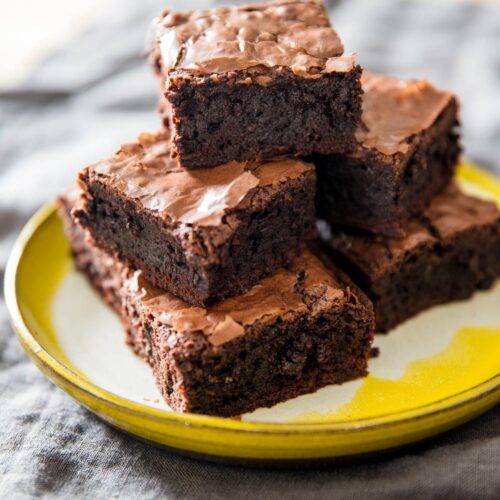
Classic Chocolate Brownies Recipe
Equipment
- 1 Mixing bowl,
- 1 Mixer Hand mixer or whisk
- 1 8*8 Baking pan
Ingredients
- 1 cup (2) sticks unsalted butter
- 2 cups sugar
- 4 Large eggs
- 1 teaspoon vanilla extract
- 1 cop all-purpose flour
- 1/2 cup cocoa powder
- 1/2 teaspoon salt
- 1/2 cup semi-sweet chocolate chips or chunks optional
- 1/2 cup nuts optional
Instructions
- . Preheat the Oven: Preheat your oven to 350°F (175°C). Grease and line a 9×13-inch (23×33 cm) baking pan with parchment paper, leaving some overhang on the sides for easy removal.
- Melt the Butter:In a microwave-safe bowl or in a saucepan over low heat, melt the butter until it's completely liquid.
- . Mix the Wet Ingredients: In a large mixing bowl, combine the melted butter and granulated sugar. Stir until well combined. Add the eggs and vanilla extract to the butter and sugar mixture. Mix until the batter is smooth and glossy.
- . Add the Dry Ingredients: Sift the all-purpose flour, unsweetened cocoa powder, and salt into the wet mixture. Gently fold the dry ingredients into the wet ingredients until just combined. Be careful not to overmix; you want a fudgy texture.
- . Bake the Brownies: Pour the brownie batter into the prepared baking pan, spreading it evenly with a spatula. Bake in the preheated oven for 25-30 minutes, or until a toothpick or cake tester inserted into the center comes out with a few moist crumbs attached. The exact baking time may vary depending on your oven, so keep an eye on them to avoid overbaking.
- . Cool and Slice:Remove the brownies from the oven and allow them to cool in the pan for about 10-15 minutes. Use the parchment paper overhang to lift the brownies out of the pan and onto a wire rack to cool completely.
- Cut and Serve:Once the brownies are completely cool, use a sharp knife to cut them into squares or rectangles. Serve your Classic Chocolate Brownies and enjoy!
- Variations:You can customize your brownies by adding ingredients like chopped nuts, chocolate chips, swirls of caramel, or a sprinkle of sea salt on top before baking. For a gooey center, slightly underbake the brownies, so the toothpick comes out with some moist crumbs attached.
The Evolution of Brownies:
The history of brownies is like a delicious puzzle with pieces that slowly fell into place over the years. Early brownies were less about chocolate and more about simplicity. They were more akin to dense, cake-like confections, often flavored with molasses or other sweeteners. These early brownies were enjoyed as a portable, lunchbox-friendly treat.
However, it was the turn of the 20th century that marked a turning point in the evolution of brownies. As chocolate manufacturing advanced, cocoa powder and chocolate bars became more accessible. Home bakers began to experiment with these ingredients, and soon, brownies transformed into something richer and more decadent.
The introduction of chocolate, whether through cocoa powder or melted chocolate bars, brought an enchanting depth of flavor and a luxurious texture to the brownie. The fudgy, dense brownies we know today started to take shape. These brownies became the epitome of chocolate indulgence.
Interestingly, the very first published brownie recipe that closely resembles the brownies we adore today appeared in the 1906 edition of Fannie Farmer’s cookbook. This recipe introduced the use of chocolate and laid the foundation for the modern brownie.
The 20th century saw brownies become more popular as packaged brownie mixes hit the market. Home bakers could now easily whip up a batch of brownies, and the dish became a staple at potlucks, picnics, and family gatherings.
Over the years, the diversity of brownie preferences grew. The debate between fudge brownies and cake brownies became a delightful topic of conversation among baking enthusiasts. Fudge brownies, known for their dense and gooey texture, became iconic for their intense chocolate flavor. In contrast, cake brownies, lighter and more delicate, won over those who preferred a slightly less intense sweetness.
The versatility of brownies extended beyond traditional recipes, with the introduction of various add-ins such as nuts, chocolate chips, and swirls of caramel. Brownie lovers around the world put their creative spin on the classic recipe, resulting in a plethora of brownie variations to cater to every taste.
The evolution of brownies is a testament to the dynamic nature of culinary traditions. With each generation of bakers, brownies have been reimagined and adapted, making them a beloved and enduring dessert enjoyed by people of all ages. It’s a delicious journey through time, where innovation and creativity have transformed a simple treat into an iconic dessert loved the world over.
The Role of Chocolate: Chocolate’s Influence on Brownies:
The introduction of chocolate was a game-changer. It turned brownies from plain, cake-like bars into the rich, decadent treats we know and love. The use of cocoa or melted chocolate added a depth of flavor and a luxurious texture that set these brownies apart.
Fudge Brownies vs. Cake Brownies: A Culinary Debate:
A delightful debate emerged in the world of brownies – fudge brownies or cake brownies? Fudge brownies, dense and gooey, became iconic for their intense chocolate flavor, while cake brownies, lighter and more delicate, found their own legion of fans. The variety in brownie preferences showcases the diversity of tastes in the world of desserts.
Conclusion: Chocolate Brownies
Classic Chocolate Brownies are more than just a dessert; they’re a slice of culinary history, a testament to the enduring appeal of chocolate, and a symbol of sweet moments shared. In each decadent bite, you’re savoring a piece of America’s dessert legacy, a history of innovation, and the universal love for the perfect square of chocolate delight.
Whether you enjoy a Classic Chocolate Brownie in a cozy bakery, a family gathering, or your own kitchen, it’s a reminder that some of the best culinary creations are born out of experimentation and creativity. These brownies embody the art of baking, the joy of indulgence, and the enduring allure of chocolate.
As you savor the rich, chocolaty goodness of a Classic Chocolate Brownie, remember that you’re not just enjoying a dessert; you’re indulging in a sweet piece of history, a symbol of culinary creativity, and a testament to the world’s love for all things chocolate. It’s a sweet legacy that continues to captivate our hearts and palates, one brownie at a time.



